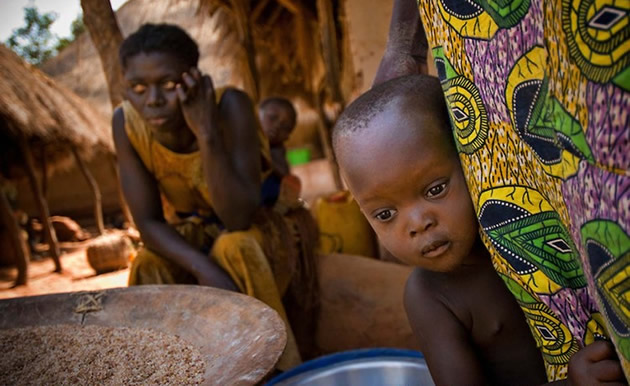HIV: Poverty a stumbling block

 Catherine Murombedzi HIV Walk
Catherine Murombedzi HIV Walk
A decade ago the HIV prevalence rate in Zimbabwe stood at 26 percent and by December 2012 the National Aids Council reported that it had scaled down to 14,8 percent.
Last year, according to latest statistics, the prevalence rate stood at 14.5 percent.
The lowering of new HIV infections, although the figure is still unacceptably high, is a remarkable achievement which should not be reversed through reckless behaviour.
Achieving an AIDS-free generation is the goal of world leaders and eradicating HIV and AIDS will see more funds channelled to developmental projects.
World leaders identified combating the spread of HIV as a priority and made it Millennium Development Goal Number 6.
As a country Zimbabwe has made strides in reversing the spread of new HIV infections. MDG 6 also seeks to ensure that all people in need of anti-retroviral treatment get it by 2015.
In interviews that I have carried out through the years with people living with HIV, they have pointed out that poverty is a stumbling block to their well-being and as such, an end to the spread of HIV is difficult if poverty remains prevalent in their households.
Interestingly, extreme poverty was identified as a priority on the 8 MDGs list that the world leaders agreed to eradicate.
Poverty and hunger are interwoven such that all hungry people are poor.
In the past poverty was most profound in rural communities but today it cuts across even in urban communities.
Sprawling unplanned settlements in urban areas, for example in Harare’s Epworth, Hatcliffe Extension and Tafara’s Caledonia, where displaced people lead desperate lives.
Mr Charles Jackson, who now lives in an unplanned settlement in Hatcliffe, said his parents were originally from Malawi.
His father worked as a cook for many years for a family in Borrowdale.
He grew up living in the servants’ quarters and found work as a groom with a family that had thoroughbred horses.
The family migrated and this left him homeless and with his specialised skills, failed to secure employment as not many people keep horses.
He thus moved to an unoccupied area in Hatcliffe where many people were building makeshift homes.
“I came to this place five years ago and have settled here with my wife and children.
“My oldest son left for an unknown place and has stopped visiting so we do not know his whereabouts.
“As for the girl with a baby strapped on her back, she is 18 years and the four younger ones you see here have stopped attending school because I cannot afford it,” said Mr Jackson.
Mr Jackson now repairs bicycles in the community but that is not enough to feed his family.
“I now repair bicycles and on a good day I take home US$3 to US$5.
“On some days I fail to get any customers. I also repair bicycles on credit for those I know and am paid when the person gets the money and it can take weeks,” he said.
The teen daughter with a baby on her back said she was forced to go into prostitution to feed her baby and herself.
“As you can see I got pregnant and the man denied responsibility.
“My father has told me that he is not able to feed my baby and so I have no choice but to frequent the pubs in the evenings to look for clients,” said the girl, who identified herself only as Pipi.
Pipi said she was not able to negotiate for safe sex and just a few months ago she nearly lost her life after she had a backyard abortion.
“I use condoms with some of my clients but some men refuse and I have no choice because beggars can’t be choosers.
“I have at times got sexually transmitted infections but the worst was four months ago when I fell pregnant.
“My parents would have sent me away so I had to terminate the pregnancy.
“I could have died, I was admitted at Parirenyatwa Hospital where I was informed that my womb was damaged and could result in me failing to conceive again.
“In actual fact, it is good news in disguise because I do not need to fall pregnant in my line of business,” said Pipi.
Pipi is fully aware of the dangers of having unprotected sex but said poverty drives her to the extreme as she has to live today.
“I fully know the dangers I get myself into each time I sleep around but I need to eat, clothe and feed my baby.
“I would rather live each day as it comes than be scared of something that could happen in the future, so do not get me wrong.
“If I had something better to do I would stop the sex work because it is not enjoyable,” she added.
Eradicating poverty and HIV, which world leaders have committed to, is not insurmountable.
“The MDGs are ambitious but feasible and together with the United Nations development agenda, we set the course for the world’s effort to alleviate extreme poverty by 2015,” United Nations Secretary-General Ban Ki-Moon has said.
In Zimbabwe, the MDGs are incorporated in the 2013-2018 Zimbabwe Agenda for Sustainable Socio-Economic Transformation and the 2012-2015 Zimbabwe UN Development Assistance Framework.







Comments